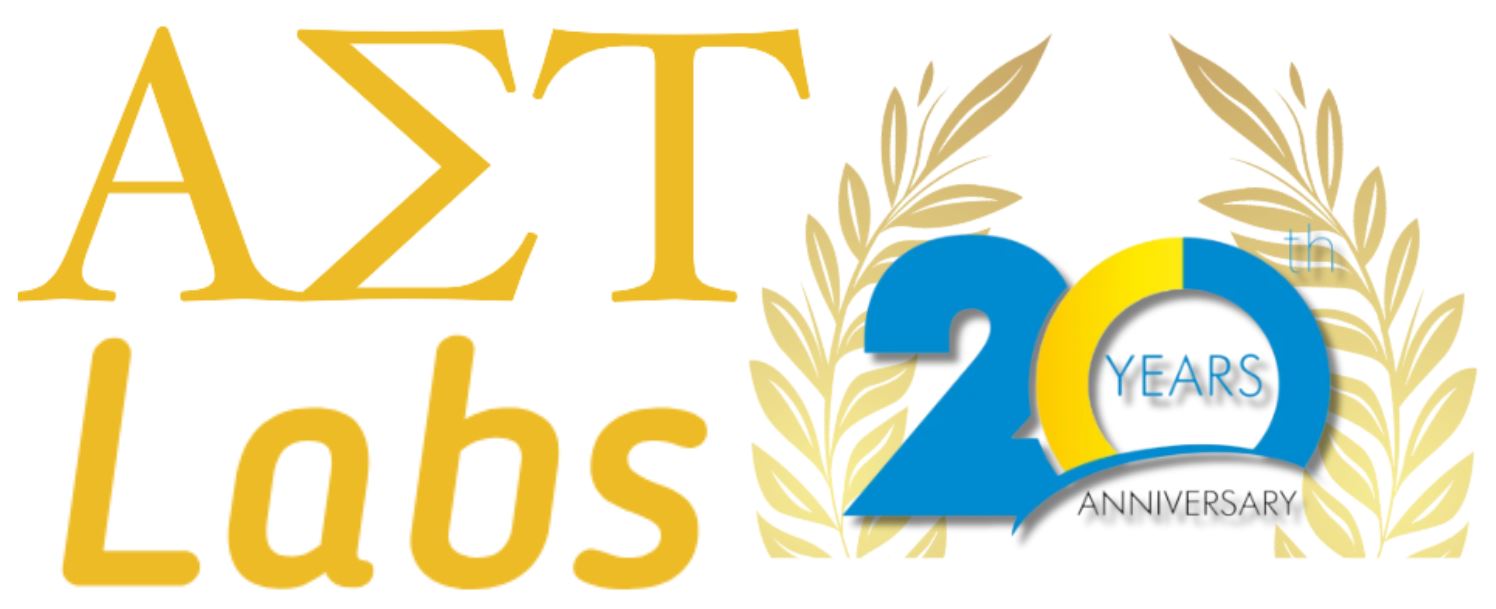Hundreds of educational institutions in New England have benefited from grants they’ve received. They used the funds to buy new equipment, renovate labs, outfit brand-new labs, conduct research, and launch new programs.
Grants are available from various sources, including corporate foundations, national and regional departments of education, and nonprofits. Many of them accept applications throughout the year, and others accept applications in the fall and spring semesters. Grant awards can range from $500 to over $500,000!
If you decide to move forward with the process to apply for a grant, here are some tips to keep in mind:
1. Tell a story - People like a good story, including those who are on grant review committees. Write your grant with a compelling theme and argument for how the grant will help your community. Show the reviewers that you understand a problem and you have a vision for solving it.
2. Include interesting data - Your story will need to be supported by data and evidence. Go beyond the typical data, like local labor trends. Take a few hours to explore reports related to the industry your lab is impacting, like this McKinsey manufacturing sector discussion paper. Or partner with companies like Quanser, who have industry research to support your grant proposal. This will set you apart from others and shows the grant review committee that you put effort into thinking about the outcomes of the grant.
3. Create an informative title - Title your grant in a way that will draw readers in and tells them about your proposal before they start reading it. For example, "Integrating self-driving car concepts into mechanical engineering curriculum, research and department outreach programs" is better than "AI in physical systems."
4. Explain the impact of your request - Outline how the grant will benefit your students and institution beyond the immediate need. For example, it might attract new students or impact rankings for your institution. Also, describe how the broader community will benefit from the grant. It might help train more students, so they are prepared to enter the local workforce or encourage more students to pursue STEM degrees.
5. Understand your institution’s buying process - Don’t wait until you’re awarded the grant to talk to your finance or purchasing team. Involve them in the application process so that you know what you’ll need to do to spend the funds when they come in. If you’re using it to buy equipment, you might need to triple bid vendors. If you know that before the money comes in, you can be better prepared to use the funds as soon as you get them.
Applying for a grant can be an intimidating process, but taking time to research and develop an intriguing story will set you apart from other applications. It’s also beneficial to bring on partners to help, whether it’s an experienced grant writer or industry partner. When you are awarded, you’ll realize the work you put into the application was well worth it!


